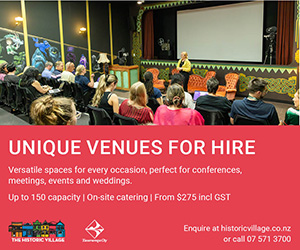Workplace diversity is a topic receiving a fair amount of attention these days.
A diverse workforce is one that focuses on the inclusion of employees of different races, religions, gender, age, and ability etc.
There is plenty of research that shows diversity can help organisations become more effective, more successful, and ultimately more profitable.
But achieving diversity is not always easy, and sometimes, with the best intentions, instead of achieving diversity businesses really are only achieving tokenism.
Tokenism is when you do something (such as hire a person who belongs to a minority group) only to prevent criticism and give the appearance that people are being treated fairly – think the token female on many boards.
It’s worth considering what you are aiming to achieve within your organisation by adopting diversification strategies.
Take a look at what the potential benefits are and how that might in turn add value.
- Fundamentally, a diverse workforce leads to diverse thinking.
- Not only can we learn from other cultures, experiences, and working styles, having differing viewpoints enhances decision-making and innovation
- Diverse teams within a workplace are a valuable resource that can help your business to communicate and connect with new customers – you may have the opportunity to reach new markets that were not deemed possible
- Doing the right thing with the right people for the right reasons often translates to higher productivity.
- Employees that feel valued and included in a team, make a higher discretionary effort at work.
- Higher staff engagement is a direct contributor to productivity and therefore to the bottom-line
- Providing opportunities for everyone enhances your employer brand as a good employer – giving you greater access to top talent
So how do you achieve these benefits and avoid tokenism?
In my experience, instead of treating diversity as a performance metric, diverse businesses generally succeed by making diversity and inclusion essential elements of their corporate culture.
They focus less on numbers, and more on culture.
When you embed diversity into your organisation’s mission and core values, it guides the company’s actions.
As a result, staff, customers and other stakeholders understand that diversity is an essential component of company culture.
At the end of the day, businesses exist to serve people. They reflect the values of the people working within them.
The personification of your business must include people from a diverse range of backgrounds – living, breathing human beings who are more than metrics or checked boxes.
Then maybe one day, workplace diversity won’t even be something we need to think about or write policies around.
It will just be a natural occurrence where we hire the best person for the job and celebrate the fact that diversity will help to future-proof our businesses.


















